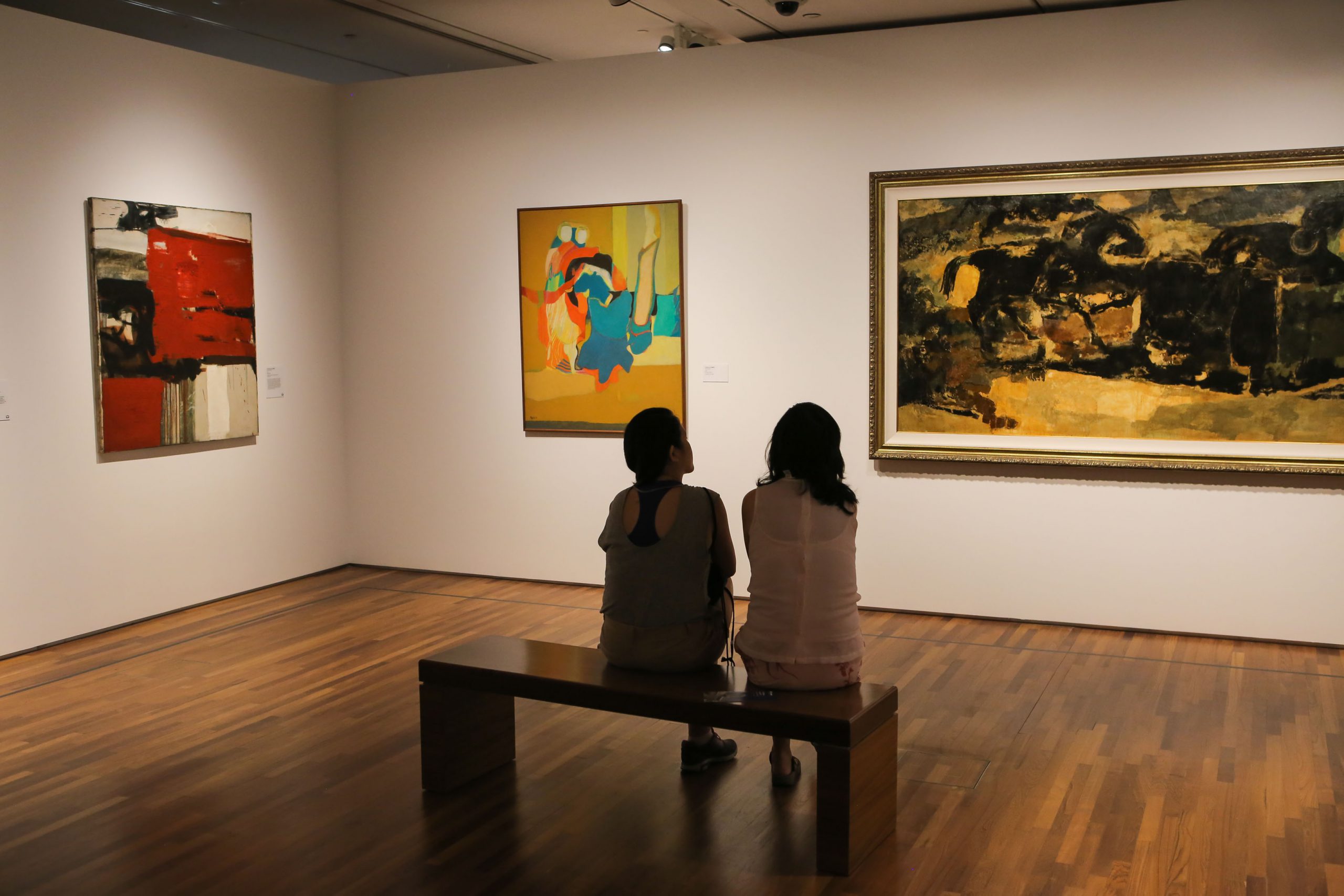Learning Historian Study on COVID-19
May 20, 2022

On 20 May 2020, the Singapore government announced its three-phase roadmap to lift restrictions. Cultural activities — with limited crowd sizes — would resume only in the last phase as part of ‘a new normal’.
The arts, heritage, and culture sectors have been among the hardest hit by the COVID-19 pandemic. With lockdowns in place and mass cancellations of concerts, film festivals, and theatre performances causing the loss of jobs for artists, cultural intermediaries, and their ancillary service industries, many small businesses and freelance professionals potentially face bankruptcy.
Yet even in these uncertain times, the benefits of arts and culture to mental health and wellbeing cannot be more pronounced, as they allow us to express our creativity, imagination, and inspiration, and provide us with a sense of participation, belonging, and community. As societies begin to progress towards a new normal, culture has been touted to be a driver to kickstart local development.
With this in view, in early 2020, the Singapore government provided emergency and resiliency funding to sustain the arts and cultural sector, culminating in the allocation of a SG$55 million package to support wage and training, rental waiver, deferred income tax payments, and a digitalisation fund to affirm arts education programmes and curate special projects such as festivals and museum exhibitions and collections.
Professor Audrey Yue (NUS Department of Communications and New Media) was awarded a grant from the Ministry of Culture, Community and Youth (MCCY) to examine how the Singapore arts, heritage and culture sector, and their creative professionals, coped before and during the circuit breaker, and across the various opening up phases in the current pandemic.
Her project examines how these funding initiatives and programmes alleviate short and long-term effects of the crisis on the sector and the broader ecosystem, and support recovery and development. It also considers how these strategies and responses can inform a sustainable post-pandemic cultural policy. The project further investigates the short- and long-term impacts of the current crisis on creative professionals, and how these initiatives and programmes sustain their precarious cultural labour conditions and enhance their future talent capabilities.
This project studies the impacts of COVID-19 and their change processes using the learning history approach. This approach engages participants to collectively reflect on their past experiences to capture change processes so that their energy and focus can be oriented towards the future. With the findings of this project, the culture sector will be better prepared for similar situations in the future.
